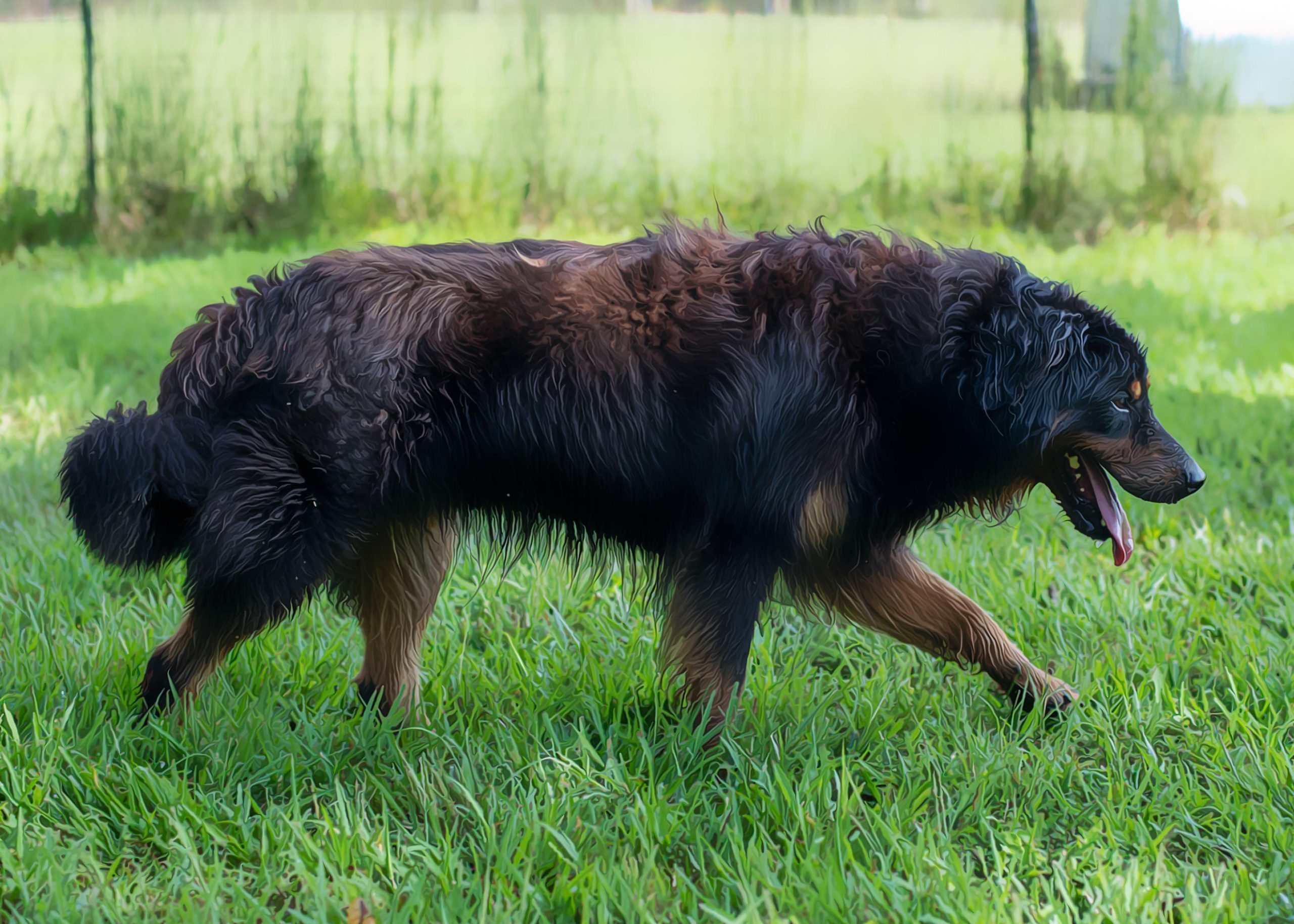Exploring the Genetic Basis of Non-Pathological Behaviors in Dogs
In the realm of canine studies, research into behavior—particularly non-pathological behaviors—proves intriguing for both dog owners and scientists alike (Serpell, 1995). These behaviors span a wide range from herding and pointing to more abstract qualities like temperament and trainability (Svartberg, 2006). A deeper understanding of the genetics behind these behaviors not only expands our knowledge … Read more
